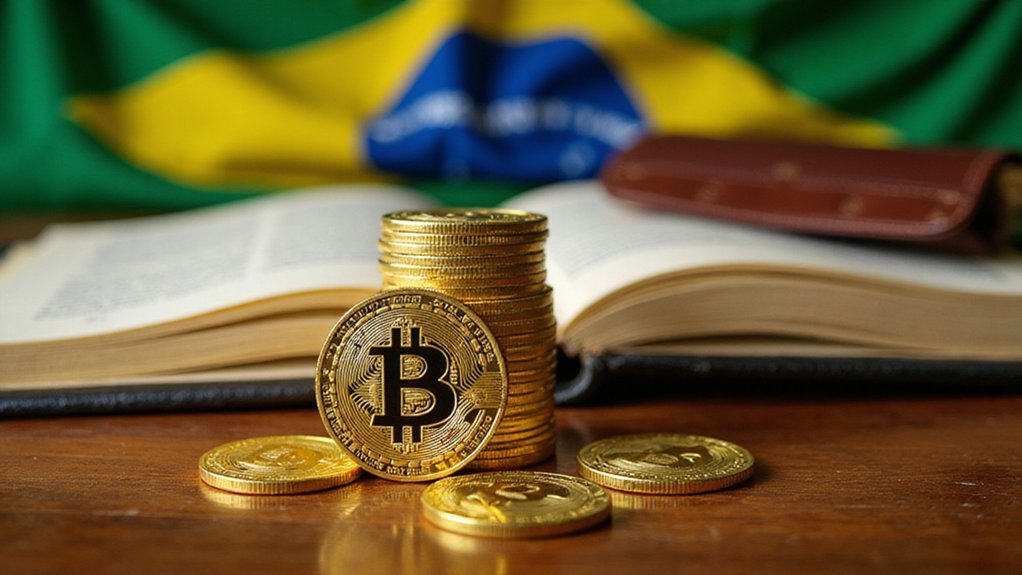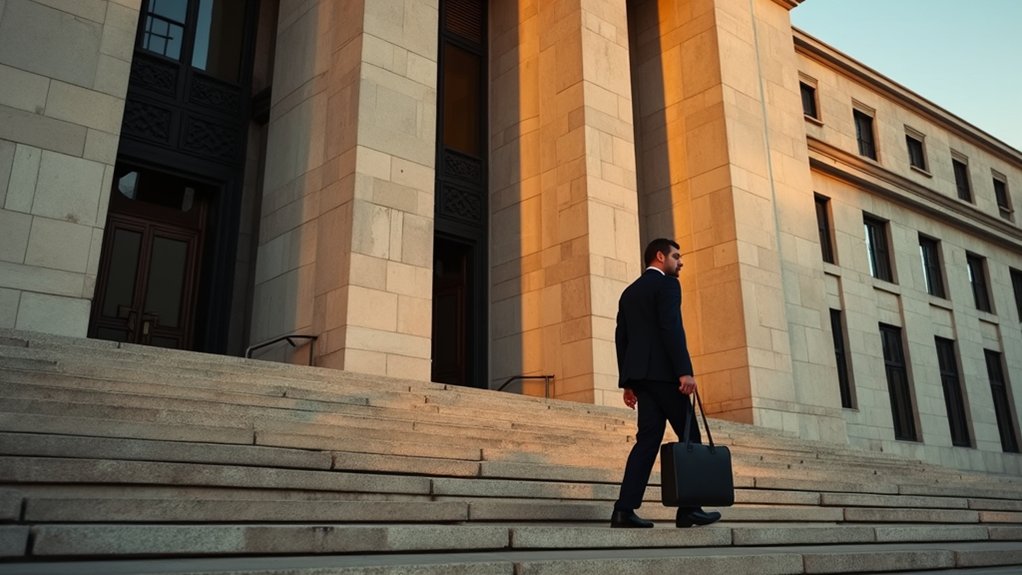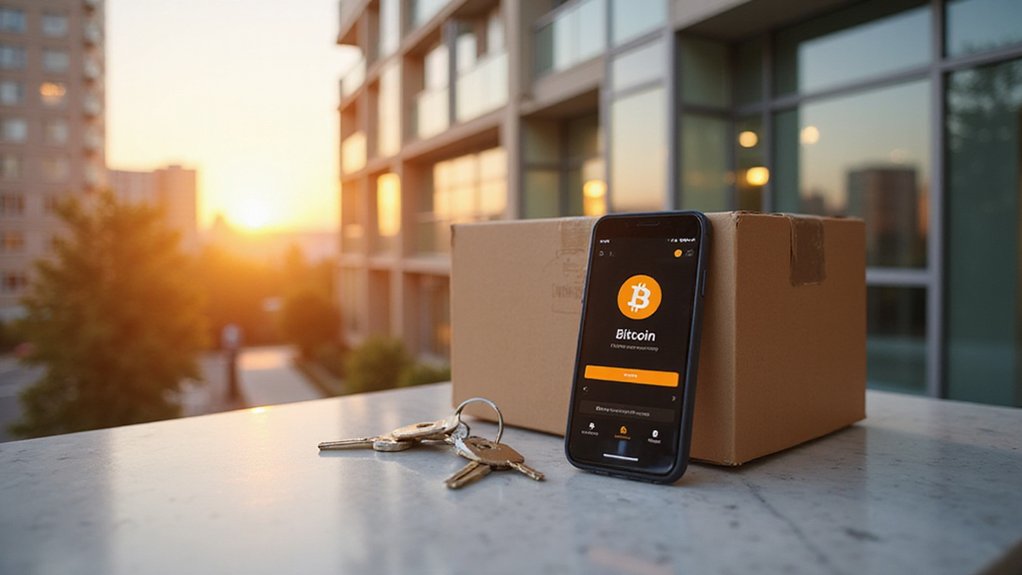Brazil is positioning itself to become the world’s most audacious sovereign Bitcoin holder, with Bill 4.501/2024 proposing to convert up to 5% of the nation’s $341 billion international reserves—roughly $15-17 billion—into cryptocurrency. This initiative would catapult the ninth-largest global economy past modest adopters like El Salvador into uncharted sovereign crypto territory.
Brazil’s $17 billion Bitcoin gambit would eclipse all sovereign crypto adoption, transforming the nation into cryptocurrency’s most audacious governmental pioneer.
The legislative gambit, shepherded by Federal Deputy Luiz Philippe de Orleans e Bragança, seeks to establish a “Sovereign Strategic Reserve of Bitcoins” under federal control. The rationale appears straightforward: diversify Brazil‘s asset portfolio beyond conventional reserves while hedging against currency volatility and geopolitical risks that have historically plagued emerging market economies.
A public hearing scheduled for August 20, 2025, will bring together Brazil’s Chamber of Deputies, financial sector luminaries including Diego Kolling from Méliuz and Rubens Sardenberg from FEBRABAN, alongside representatives from the Central Bank and Ministry of Finance. The gathering represents what organizers term a “historic milestone” for Brazil’s financial strategy modernization—though one might question whether betting $17 billion on Bitcoin constitutes modernization or merely expensive experimentation.
The proposal’s timing coincides with global economic uncertainty that has rendered traditional reserve management increasingly complex. Brazil faces persistent currency depreciation pressures that make Bitcoin’s deflationary characteristics theoretically appealing as an inflation hedge. The bill encompasses “secure crypto assets” beyond Bitcoin, suggesting broader digital asset integration within sovereign financial architecture. Brazil has already established itself as a regional leader by approving spot cryptocurrency ETFs and launching various innovative investment products.
Should this initiative proceed, Brazil would dwarf existing sovereign Bitcoin holdings and potentially trigger a domino effect among other emerging economies seeking similar diversification strategies. The move could enhance Brazil’s credibility in cryptocurrency markets while attracting institutional investors viewing the nation as crypto-friendly. While established cryptocurrencies like Bitcoin anchor such strategies, emerging projects utilizing Layer-1 blockchain technology continue advancing scalability solutions that could influence future sovereign digital asset considerations.
Yet the proposal raises fundamental questions about sovereign risk management. Converting nearly $17 billion in stable reserves into an asset notorious for volatility represents either visionary financial leadership or spectacular institutional gambling.
The August hearing will likely illuminate whether Brazil’s lawmakers possess sufficient understanding of cryptocurrency mechanics to justify such unprecedented exposure, or whether this represents another case of political theater masquerading as monetary policy innovation.





